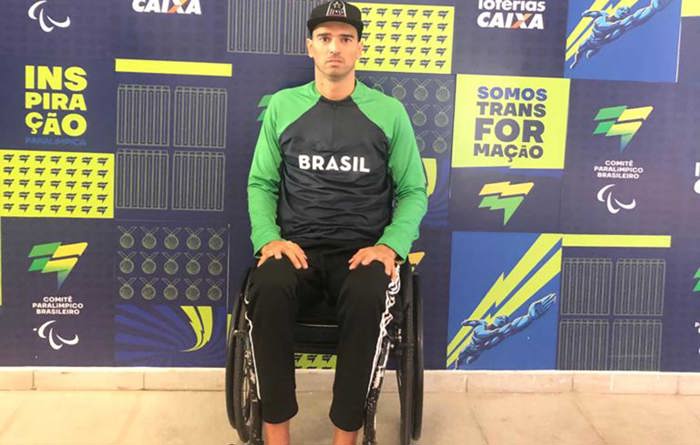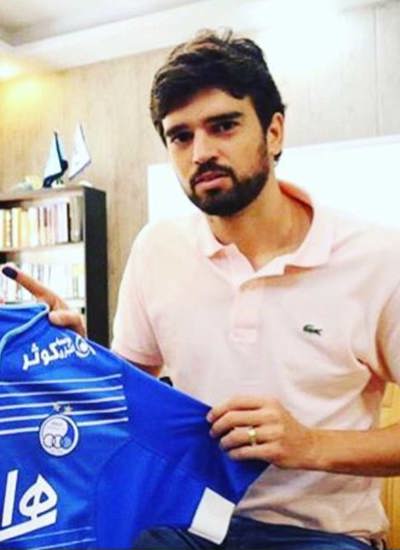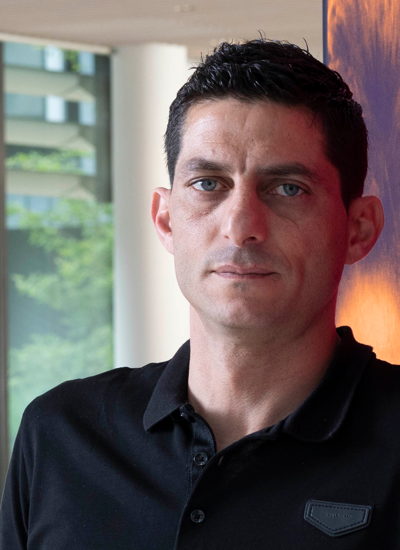
FIFPRO has taken note of the Court of Arbitration for Sport (CAS) decision in the appeal procedure between the Brazilian player Leandro Padovani and Iran’s Esteghlal Football Club.
We are disappointed by the CAS’s decision that the club was not liable for the player’s career-ending injury, but nevertheless consider the case to be a landmark in the advancement of players’ rights.
Padovani suffered a severe head and neck injury in February 2018 during a match in the Iranian league following an accidental collision with a teammate. As accepted by the CAS, his neck was not immobilised by the club medical staff as he was removed from the pitch – a failure to provide the most basic medical care. Padovani was ultimately rendered tetraplegic.

The club had no insurance policy to cover this injury – a measure that is common in many other jurisdictions and which should be mandatory across all professional football – leaving the player in an unacceptable and unthinkable position.
Moreover, at the time, Padovani was owed a substantial sum of wages by the club and, whilst he was still recuperating in bed, club officials visited him with a settlement agreement which wrote off some of the owed wages. The club also attempted to secure the player’s agreement to waive all other claims he may have. No player should ever be approached for settlement discussions while in such a vulnerable position.
Padovani brought a claim for compensation for his personal injury before the FIFA Dispute Resolution Chamber (DRC). The FIFA DRC dismissed the claim on the basis that it was not competent to consider the claim.
Leandro Padovani: "Clubs need to understand that players are not just disposable objects"

The player then appealed to CAS. Notably, the CAS held that such personal injury claims can be brought before the FIFA DRC (and the CAS) and proceeded to consider Padovani’s claim. This is thus a significant decision for players injured by their club's negligent treatment.
However, although it was found that Padovani’s neck was not immobilised when he was carried off the pitch, and although it was not disputed that additional movement of a person’s neck in such a situation could compromise an already-damaged spinal cord, the CAS held that the player had not adequately discharged the burden of proof to establish causation between the actions of the club and his injury. The CAS therefore rejected the appeal.
FIFPRO is disappointed with the verdict given that the player filed considerable evidence, including expert evidence from a neurosurgeon, in support of his claim.


